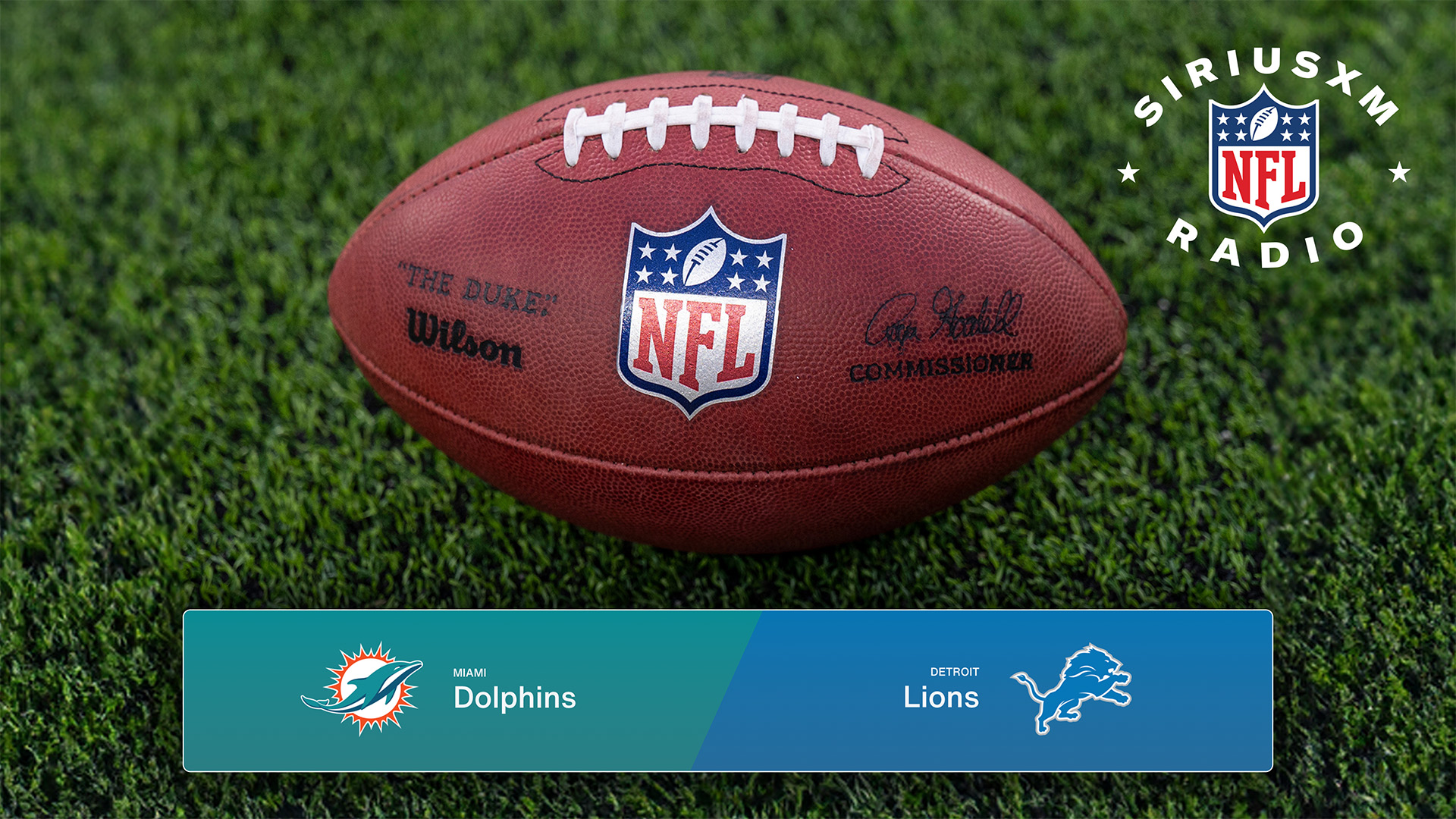Tether and Circle Now Hold More US Debt Than Several Nations
The post Tether and Circle Now Hold More US Debt Than Several Nations appeared on BitcoinEthereumNews.com. Previously a niche tool for crypto, stablecoins are progressively becoming a fixture of mainstream finance. Circle and Tether now have larger US debt portfolios than several sovereign nations. The recent passage of the GENIUS Act legitimized stablecoin use, supercharging interest from banks, payment processors, and Fortune 500 companies. Circle and Tether Quietly Amass More US Debt Than Germany, South Korea, and the UAE Stablecoins are digital tokens pegged to the US dollar and backed by reserves, often in US Treasury bills (T-bills). The structure ensures that one token can reliably be redeemed for one dollar. This stability makes them attractive for cross-border payments and as a settlement layer for the crypto ecosystem. Two leading stablecoin issuers, Tether (USDT) and Circle (USDC), hold more US government debt than several major national economies. This includes Germany, South Korea, and the United Arab Emirates. Tether, the largest stablecoin issuer, now holds over $100 billion in T-bills. According to data from the Treasury Department, it ranks as the 18th-largest overall holder of US debt, above the UAE ($85 billion). Circle, the issuer of USDC, holds between $45 billion and $55 billion in T-bills, putting it ahead of South Korea (approximately $75 billion) if measured individually. Combined, the two companies surpass all three countries, with a recent Apollo report highlighting just how quickly the sector is rising. “Almost 90% of stablecoin use is crypto trading, which will likely continue to grow. The big breakthrough will be if US dollar stablecoins are used for global retail payments. If the US dollar stablecoin market grows into the trillions, demand for US T-bills will significantly increase. There are financial stability risks because money will be moved around quickly if depositors lose confidence in a stablecoin issuer,” read an excerpt in the Apollo report. Top Foreign and Private Holders…

The post Tether and Circle Now Hold More US Debt Than Several Nations appeared on BitcoinEthereumNews.com.
Previously a niche tool for crypto, stablecoins are progressively becoming a fixture of mainstream finance. Circle and Tether now have larger US debt portfolios than several sovereign nations. The recent passage of the GENIUS Act legitimized stablecoin use, supercharging interest from banks, payment processors, and Fortune 500 companies. Circle and Tether Quietly Amass More US Debt Than Germany, South Korea, and the UAE Stablecoins are digital tokens pegged to the US dollar and backed by reserves, often in US Treasury bills (T-bills). The structure ensures that one token can reliably be redeemed for one dollar. This stability makes them attractive for cross-border payments and as a settlement layer for the crypto ecosystem. Two leading stablecoin issuers, Tether (USDT) and Circle (USDC), hold more US government debt than several major national economies. This includes Germany, South Korea, and the United Arab Emirates. Tether, the largest stablecoin issuer, now holds over $100 billion in T-bills. According to data from the Treasury Department, it ranks as the 18th-largest overall holder of US debt, above the UAE ($85 billion). Circle, the issuer of USDC, holds between $45 billion and $55 billion in T-bills, putting it ahead of South Korea (approximately $75 billion) if measured individually. Combined, the two companies surpass all three countries, with a recent Apollo report highlighting just how quickly the sector is rising. “Almost 90% of stablecoin use is crypto trading, which will likely continue to grow. The big breakthrough will be if US dollar stablecoins are used for global retail payments. If the US dollar stablecoin market grows into the trillions, demand for US T-bills will significantly increase. There are financial stability risks because money will be moved around quickly if depositors lose confidence in a stablecoin issuer,” read an excerpt in the Apollo report. Top Foreign and Private Holders…
What's Your Reaction?





































